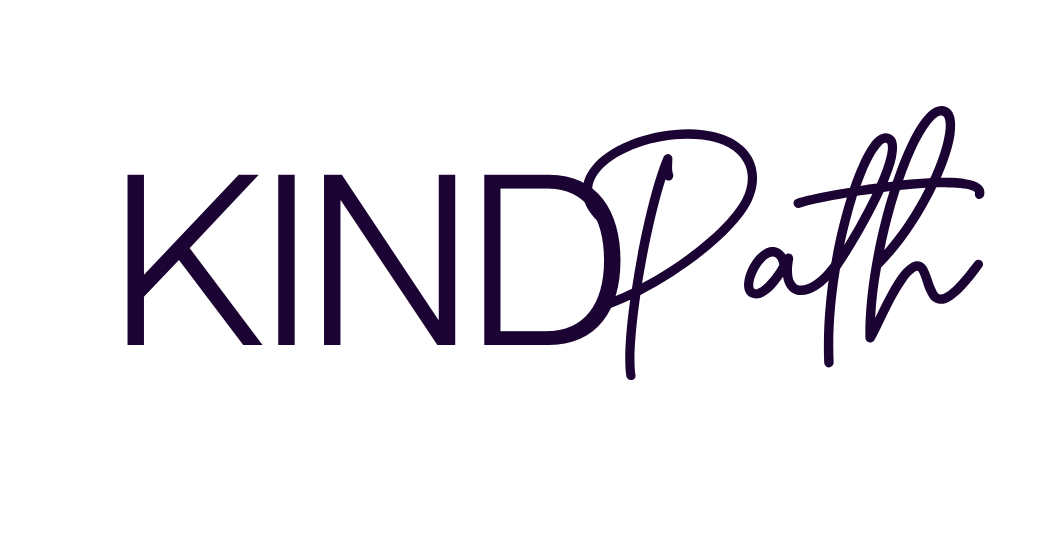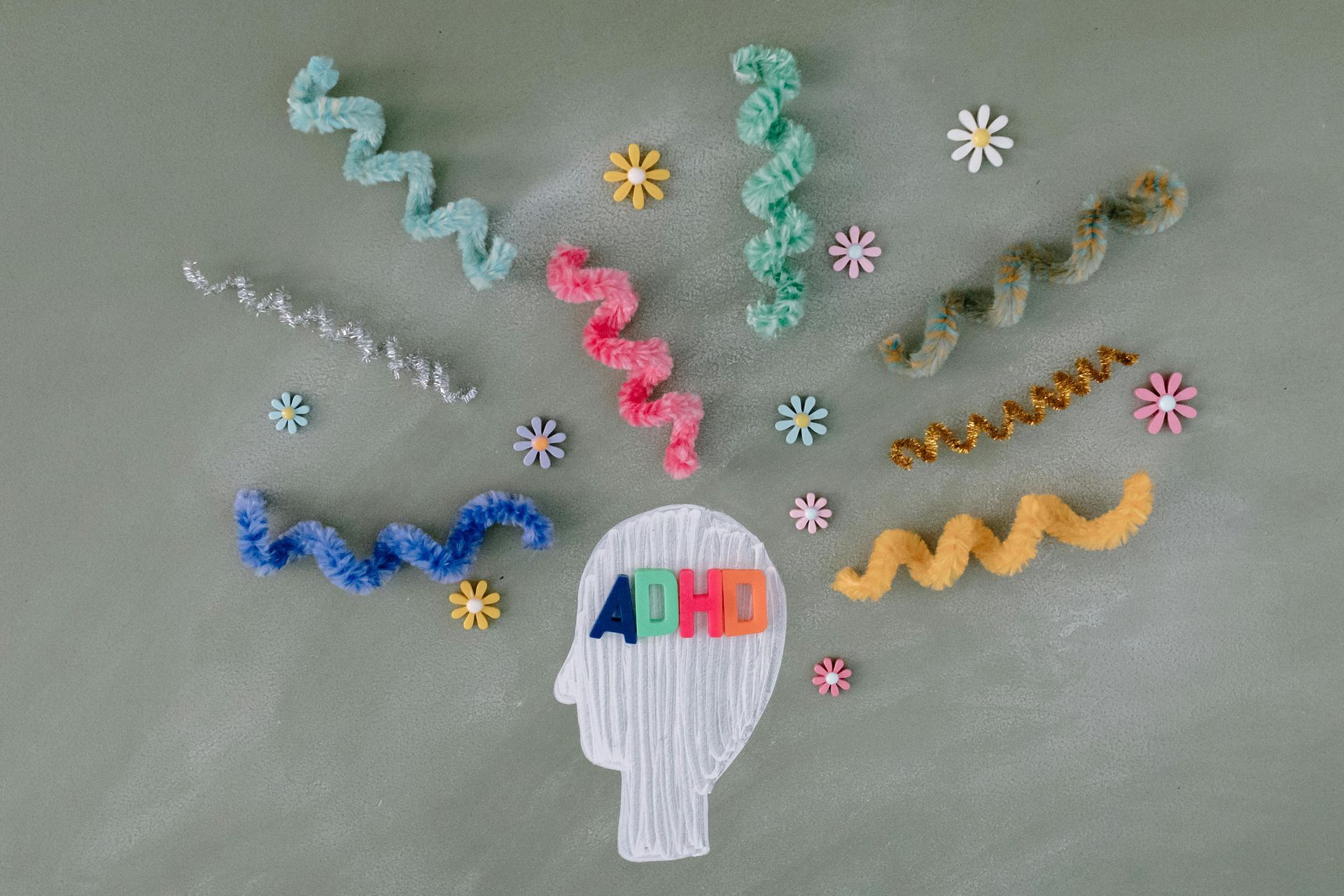Breaking the Silence: Addressing the Mental Health Crisis for Pregnant Women in America's Overlooked Communities
How Kindred's Compassionate, Data-Driven Approach is Revolutionizing Mental Health Support for Pregnant Women in Rural America
Empowering Pregnant Women Through Community and Connection: Kindred’s Unique Approach to Mental Health Support
Kindred is stepping in to provide a comprehensive, community-driven solution for pregnant women in underserved communities. What distinguishes Kindred is its deep commitment to fostering a culture of peer support, connection, and inclusivity, specifically designed for individuals in rural areas where access to mental health care is limited. At the core of the Kindred platform is its emphasis on creating a supportive and compassionate community where women can connect with peers who have shared experiences. This peer-based model allows women to discuss their mental health struggles openly and without judgment, reducing feelings of isolation and offering encouragement from others who truly understand their journey.
Kindred’s innovative approach goes beyond typical telehealth services by incorporating predictive analytics and crisis prevention strategies. Through machine learning, Kindred can deliver personalized insights to help anticipate potential mental health crises before they escalate, allowing for early interventions. This proactive approach empowers women to take charge of their mental health during pregnancy while providing healthcare teams with valuable data to tailor care accordingly. By partnering with health systems, Kindred is able to extend its reach and collaborate on delivering culturally competent care to all pregnant women, regardless of background. These partnerships with organizations like the Wilder Foundation ensure that Kindred’s services are both inclusive and responsive to the cultural and socio-economic realities of its users.
Cultural competency is a key component of Kindred’s mission. Kindred ensures that the care it facilitates is not only accessible but also sensitive to the diverse needs of the communities it serves. By collaborating with health systems, clinics, and community-based organizations, Kindred ensures that healthcare providers are trained to recognize and respect cultural differences, particularly those related to mental health stigma, family dynamics, and traditional beliefs. This partnership approach helps Kindred provide a holistic care experience that resonates with pregnant women from all walks of life. It ensures that the services delivered are tailored not only to mental health needs but also to the unique cultural contexts of each individual, making care more effective and meaningful.
Kindred’s dedication to building a supportive, culturally aware community, combined with its partnerships with health systems and its use of advanced technology for crisis prevention, positions it to excel beyond traditional mental health platforms. By offering a compassionate, data-driven, and culturally competent service, Kindred is closing the mental health care gap for pregnant women in underserved communities. It empowers these women with the tools, support, and resources they need to thrive, creating a model that is as comprehensive as it is compassionate.
Access to mental health care during pregnancy is a growing crisis in the U.S., especially in underserved regions like the Midwest. Mental health conditions, including prenatal depression, anxiety, and PTSD, affect up to 20% of pregnant women nationally. Yet, in rural areas, such as those prevalent in the Midwest, these numbers are often higher, with women being twice as likely to suffer from mental health issues compared to their urban counterparts. This is compounded by the fact that 55% of U.S. counties, most of which are rural, have no practicing psychiatrists, psychologists, or social workers. In the Midwest, this lack of access to care is critical—over 70% of rural counties face severe shortages of mental health professionals, leaving thousands of women without adequate support during pregnancy.
The consequences of untreated mental health conditions during pregnancy can be severe. Research shows that untreated depression in pregnant women increases the risk of preterm birth by 40%, with infants born to mothers suffering from untreated mental health conditions at greater risk of developmental delays and physical health complications. In these communities, not only is the stigma surrounding mental health still deeply ingrained, but practical barriers, such as long travel distances to clinics and the prohibitive cost of care, prevent many women from seeking help. These issues disproportionately affect women of lower socio-economic status, many of whom are unable to afford or access care, leaving them vulnerable at a critical time.
Telehealth and virtual therapy platforms have emerged as essential tools to bridge the gap in mental health services. Platforms like BetterHelp, Talkspace, and Maven Clinic offer virtual therapy sessions, allowing pregnant women to access professional support from the comfort of their homes. Additionally, community health centers provide integrated mental health care, often on a sliding scale, to make services more affordable for low-income families. Peer support networks, such as those provided by Postpartum Support International, offer a sense of community and emotional solidarity, while mobile crisis units and faith-based organizations deliver on-the-ground support tailored to the unique needs of pregnant women in underserved areas.



Career
Open Positions (Coming Soon!)
Media
press@kindpath.health
Support
support@kindpath.health
The Kindred Collective












